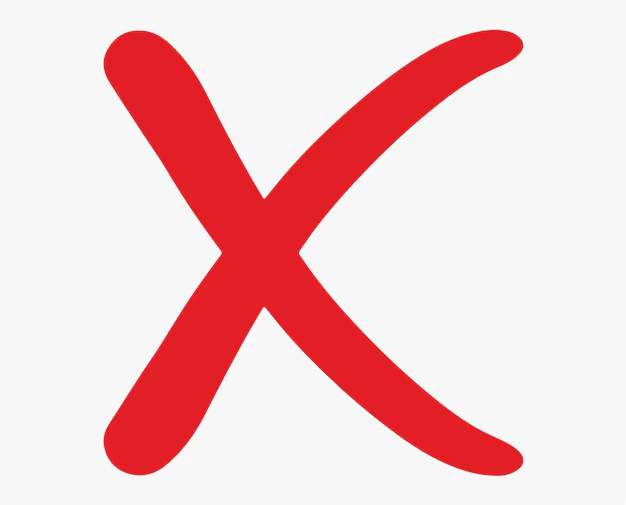
When it comes to the English alphabet, the letter “X” stands out as one of the least commonly used and most intriguing. Words that begin with “X” often carry an air of mystery or exoticism, partly because they are relatively rare. Among these, 4-letter words starting with “X” hold a unique place. They may be short, but they pack a punch in terms of linguistic history, cultural significance, and utility in modern language. Let’s explore this fascinating category of words, their origins, meanings, and how they are used today.
Why Are X-Words So Rare?
The scarcity of “X” words, particularly 4-letter ones, can be attributed to the fact that the letter “X” is seldom used in English. Most words that feature it are derived from other languages, especially Greek, Latin, or Chinese. English often borrows “X” words rather than forming them natively, as “X” doesn’t commonly occur in the root vocabulary of Anglo-Saxon origins.
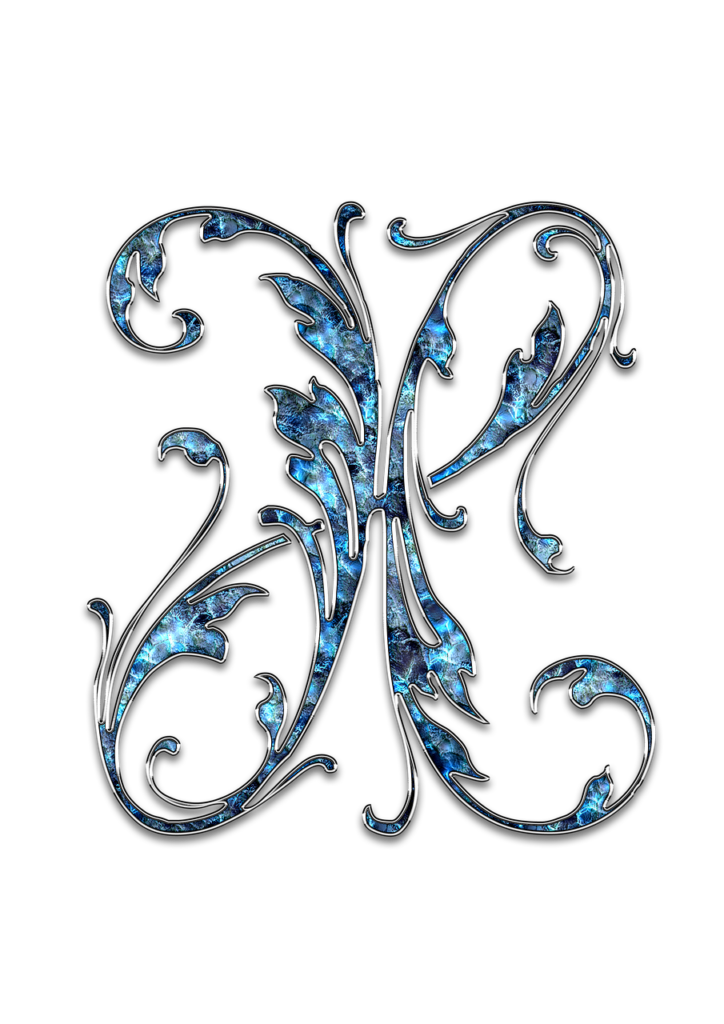
Additionally, when we think of “X,” many associate it with prefixes or abbreviations (like “X-ray” or “Xmas”), which further reduces the number of standalone 4-letter “X” words.
Examples of 4-Letter Words Starting with X
Though rare, there are several 4-letter words that begin with “X.” Below, we explore some notable examples, their definitions, and how they fit into everyday use.
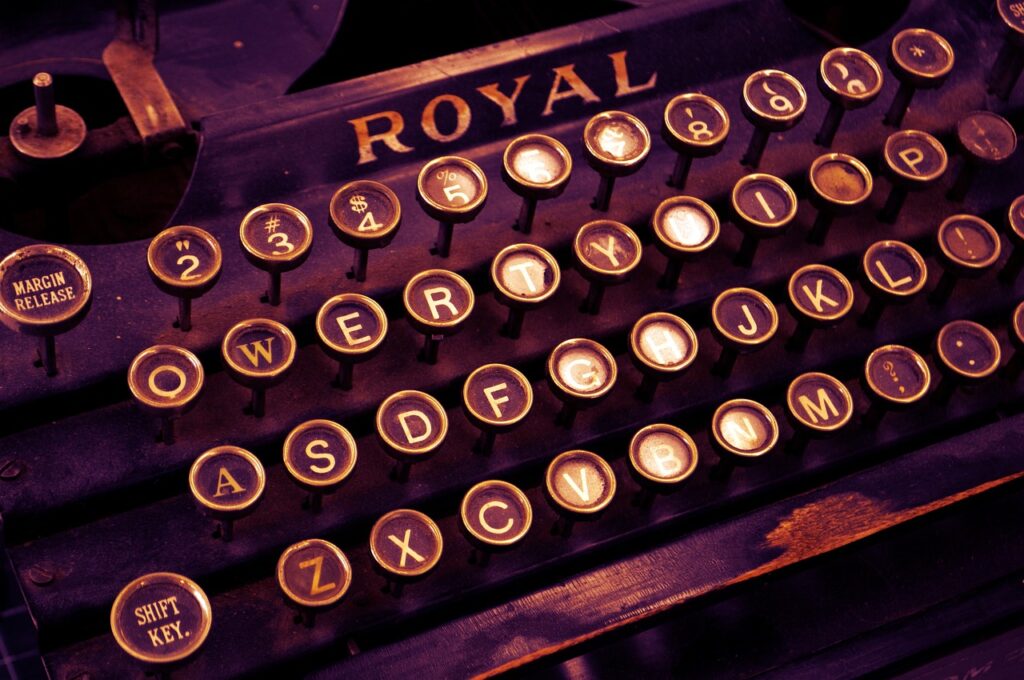
1. Xeno
Derived from the Greek word “xenos,” meaning stranger or foreigner, “xeno” is often used as a prefix to describe things related to foreignness or the unknown. Examples include “xenophobia” (fear of foreigners) and “xenon” (a chemical element). As a standalone term, “xeno” refers broadly to anything alien or unfamiliar.
2. Xyst
This lesser-known word traces back to ancient Greek architecture. A “xyst” refers to a covered portico or walkway, often found in gymnasiums or public spaces. The term encapsulates a slice of history, evoking images of classical civilizations and their innovations in public infrastructure.
3. Xmas
A widely recognized abbreviation for Christmas, “Xmas” substitutes the “Christ” portion of the word with “X,” derived from the Greek letter chi (Χ), the first letter in “Christos.” While some view it as a casual or secular shorthand, it has historical roots in religious tradition.
4. Xyly
An interesting and uncommon adjective, “xyly” relates to xylene, a chemical compound used in industrial processes. While rarely encountered in everyday conversation, it is a technical term familiar to chemists and those in related fields.

Origins and Etymology of X-Words
Most 4-letter words starting with “X” have origins outside English. Here’s a closer look at the linguistic roots:
Greek Origins
Many “X” words in English stem from Greek, where the letter chi (Χ) was used extensively. For instance, “xeno” and “xyst” are both rooted in Greek. This connection reflects the influence of Greek on science, philosophy, and linguistics.
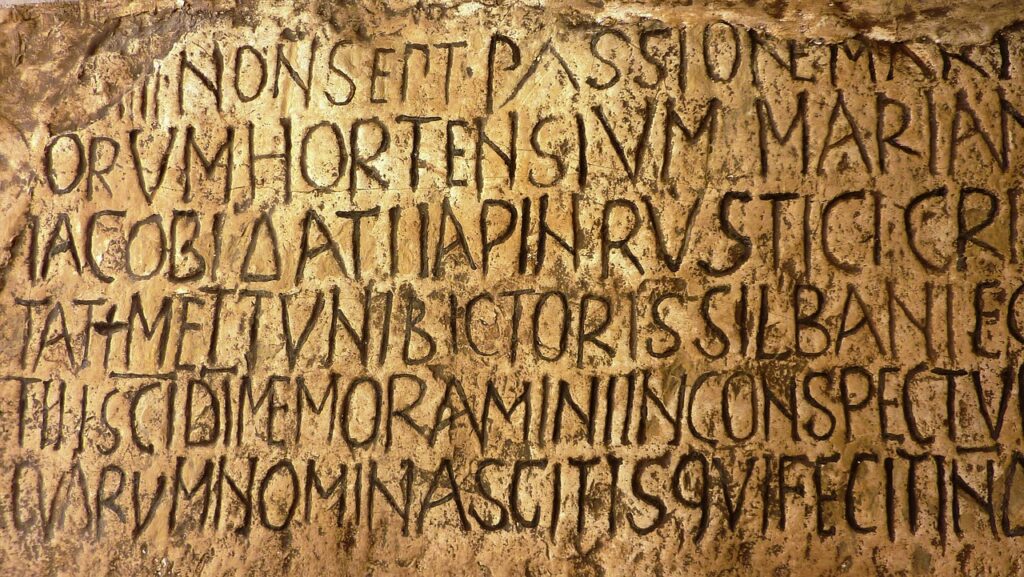
Latin Contributions
Latin has also played a role in shaping “X” words, especially in scientific and scholarly contexts. Terms like “xeno” were adapted into Latin before making their way into English.
Modern Adaptations
In more recent times, the letter “X” has been adopted in branding, technology, and pop culture. Words like “Xmas” and abbreviations involving “X” (e.g., Xbox, X-Men) highlight its modern versatility.
Cultural and Scientific Relevance
Linguistic Significance
The rarity of “X” words gives them a distinctive charm in language games like Scrabble or crossword puzzles. For example, “xyst” or “xeno” can earn high points due to their uncommon letters, making them favorites among word game enthusiasts.
Scientific Impact
Many “X” words have found their place in science and technology. “Xyly” and “xeno” are examples where technical terminology intersects with broader language. Such words are indispensable in specialized fields like chemistry, physics, and biology.
Pop Culture Influence
The letter “X” has become a symbol of mystery, excellence, or futurism in pop culture. From “X-Files” to “X-rays,” the prominence of “X” extends beyond traditional vocabulary, making even rare words more recognizable.
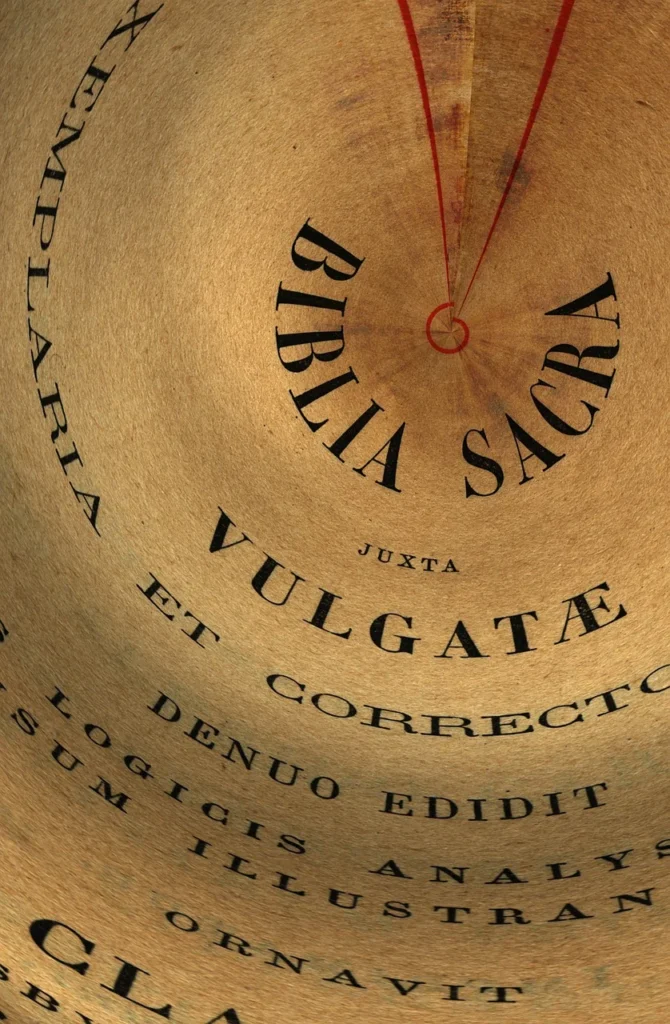
How to Use 4-Letter X-Words in Writing and Conversation
Using 4-letter “X” words effectively requires an understanding of their meanings and contexts. Here are a few ways to incorporate them:
1. In Academic Writing
If you’re writing about ancient history, architecture, or chemistry, words like “xyst” and “xyly” can add precision and depth. For example:
- The gymnasium featured a xyst where athletes could train during the winter months.
- The xyly compound proved crucial in the development of synthetic materials.
2. In Everyday Conversation
Though less common in casual speech, “xeno” and “Xmas” are more likely to appear. You might say:
- The sci-fi novel explores a xeno civilization unlike anything on Earth.
- Let’s get the Xmas decorations out of storage.
3. In Creative Writing
The rarity and exotic nature of these words can add intrigue to your writing. Describing a mysterious walkway as a “xyst” or referring to an alien culture as “xeno” might captivate readers and evoke curiosity.
Fun Facts About X-Words
- “X” in Scrabble: The letter “X” is worth 8 points in Scrabble, making words like “xyst” valuable for strategic plays.
- Historical Abbreviation: “Xmas” dates back to at least the 16th century, debunking the myth that it’s a modern, secular creation.
- Scientific Naming: “Xeno” is often used in taxonomy and science fiction to describe extraterrestrial or foreign entities.
The Challenge of Teaching X-Words
Because “X” words are uncommon, they often pose challenges for language learners. Teachers and students must navigate their complex etymologies and specialized uses. However, learning such words can enhance vocabulary and open doors to understanding niche subjects.
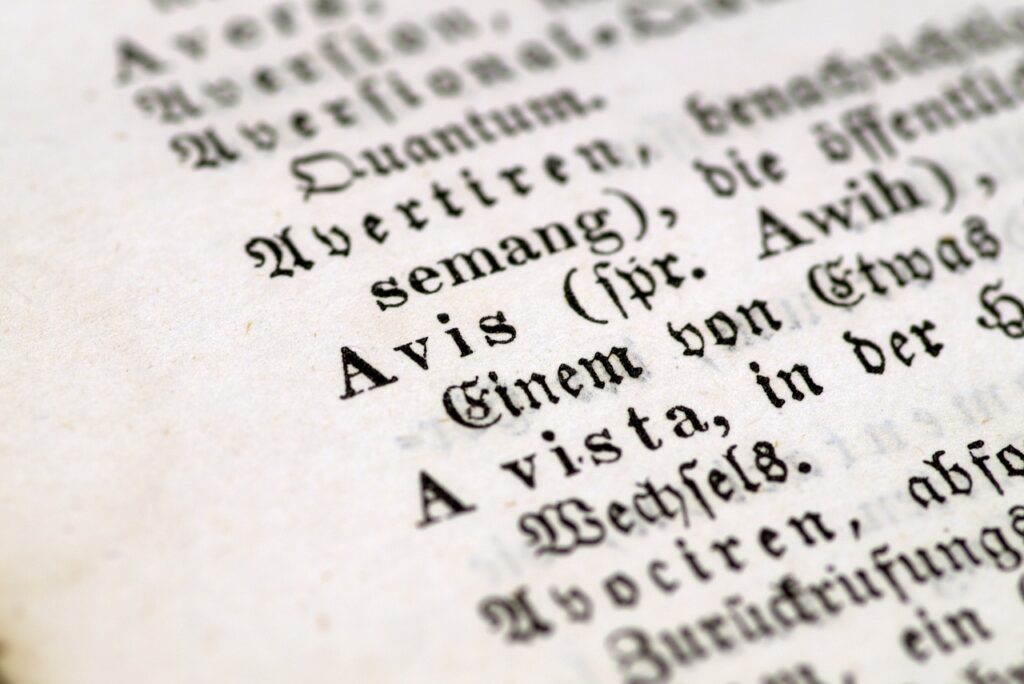
Conclusion
Though 4-letter words starting with “X” are rare, they hold a unique place in the English language. From the historical significance of “xyst” to the everyday utility of “Xmas” and the scientific relevance of “xyly,” these words showcase the versatility and richness of language. They might be short, but their impact is anything but small. Whether you’re a wordsmith, a science enthusiast, or simply curious, exploring “X” words offers a glimpse into the fascinating interplay between language, culture, and history.
FAQs About 4-Letter Words Starting with X
1. Are there many 4-letter words that start with X?
Not many. The letter “X” is among the least commonly used letters in English, and 4-letter words starting with it are even rarer. Some examples include “xeno,” “xyst,” “Xmas,” and “xyly.” These words often have Greek or scientific origins.
2. What does the word “xeno” mean?
“Xeno” comes from the Greek word xenos, meaning foreign or stranger. It’s often used as a prefix in words like “xenophobia” (fear of foreigners) or “xenon” (a chemical element). Alone, it generally refers to something alien or unfamiliar.
3. How is “Xmas” different from “Christmas”?
“Xmas” is simply an abbreviation for “Christmas.” The “X” comes from the Greek letter chi (Χ), which is the first letter of “Christos,” meaning Christ. It’s a traditional shorthand, not a modern invention, despite common misconceptions.
4. Can I use these words in Scrabble?
Yes, words like “xeno,” “xyst,” and “Xmas” are valid Scrabble words. Since “X” is worth 8 points, these words can significantly boost your score, especially if placed on bonus squares.
5. What is “xyst,” and how is it used?
“Xyst” refers to a covered portico or walkway, particularly in ancient Greek and Roman gymnasiums. It’s a niche architectural term, primarily used in historical or academic contexts. For example.
